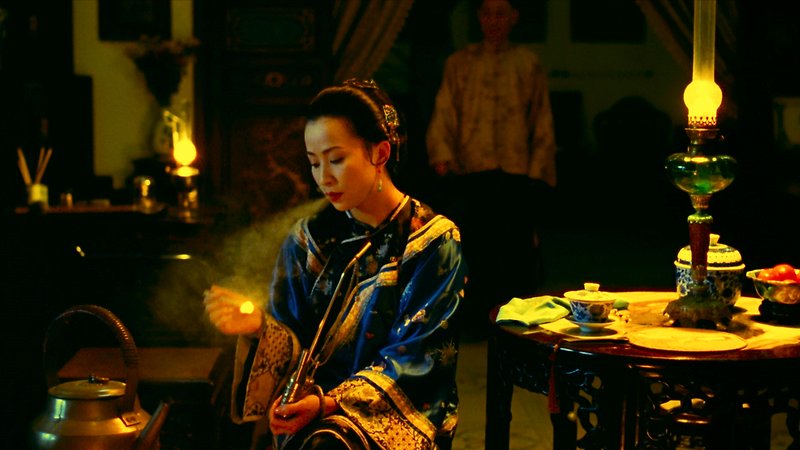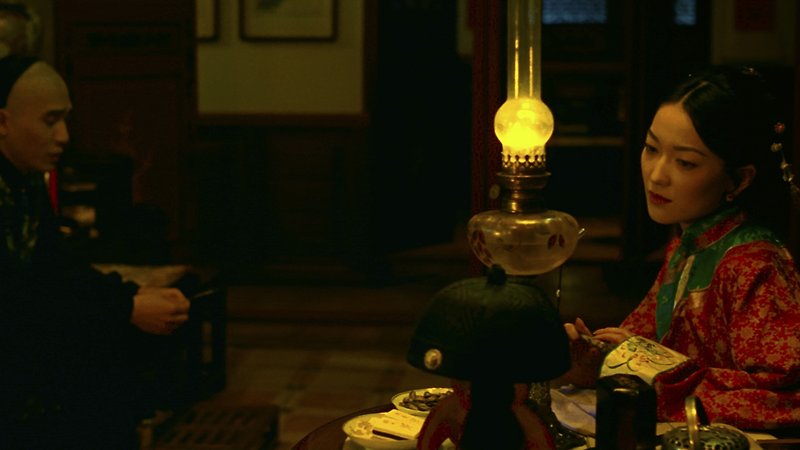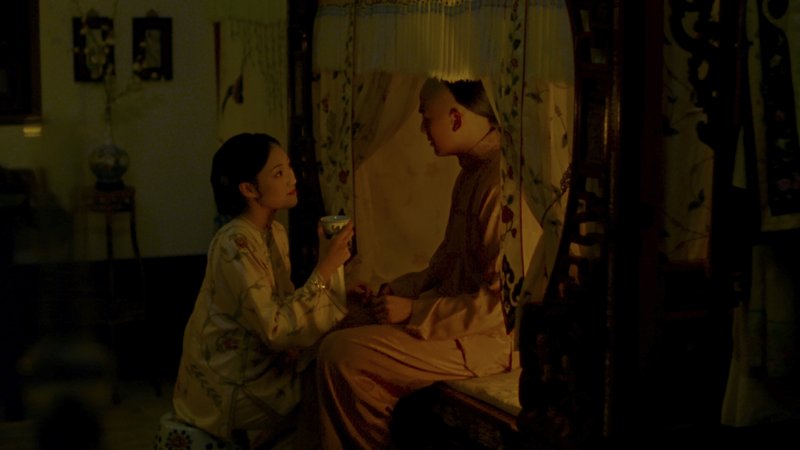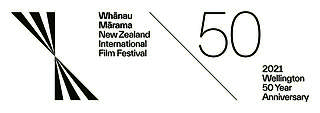The 1980s were an invigorating time to be running an international film festival, not least because of a number of emergent ‘new’ national cinemas, New Zealand’s among them. Bill Gosden, who was promoted to programme director in 1982, was deeply enamoured with Taiwanese cinema during this decade, and the films of Hou Hsiao-hsien especially.
A master of capturing ordinary everyday life, often through beautiful long takes filled with the most exquisite detail, we’ve selected one of Hou’s most celebrated features for this tribute, in a stunning restoration that elevates the richness and incandescence of its late Qing dynasty drama to new heights.



